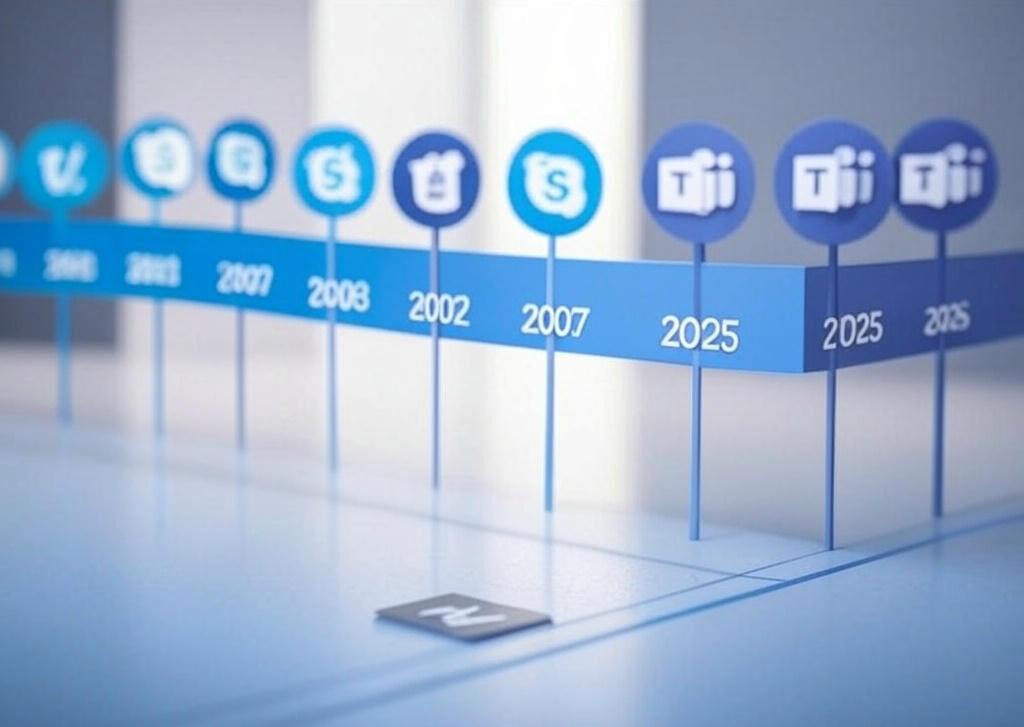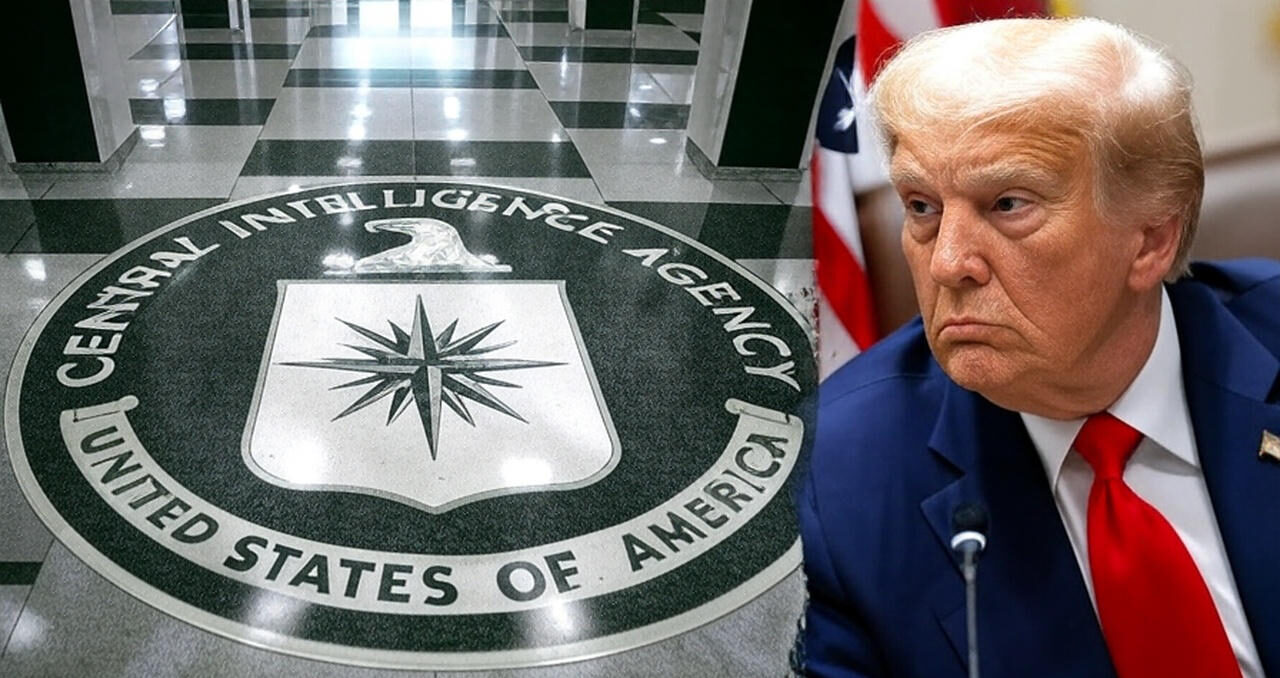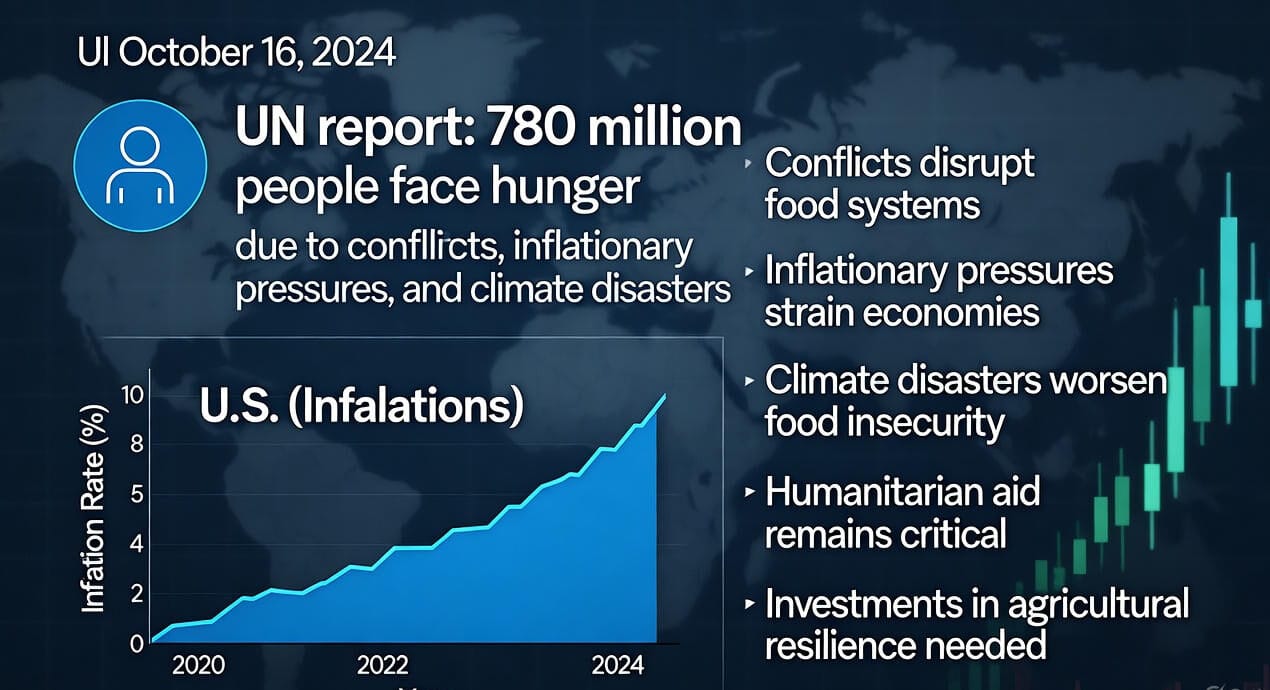
May 6, 2025- It’s the end of an era. After more than two decades of keeping the billions who use video conferencing links up all over the world together, Skype will officially close down after May 5, 2025. As a result, Microsoft is completely doubling down on the next big thing in digital communications: Microsoft Teams.
For many people, Skype appears like a virtual archive—a service that dominated the early days of Internet communication. To say it’s devoid of context is to miss an awful lot—long-distance calls, cloudy Webcam chats and all those awkward family gatherings that ended up at your throaty computer through garbled connections. It broke communication barriers—it enabled international calls at rock bottom prices and video conferencing at the same pace that Zoom or Google Meet soon did. But in the years that followed, Skype started falling behind in all that. We imagine Microsoft’s announcement as a bittersweet acknowledgment.
“Skype has been the cornerstone of personal and professional communication for millions of people, ” Microsoft said in a statement, adding that “As we continue to evolve, in order to best serve modern workplace and consumer demands, Microsoft Teams offers a more integrated, secure and scalable way to collaborate. ”
Why the Switch?

The writing is on the wall for a while now. Microsoft bought Skype in 2011 for $8. 5 billion, a huge takeover that had potential to build it into one of Microsoft’s stronger foundations. But over the years, Skype faced stiff competition from its older cousins—Zoom, Slack, and WhatsApp—whose interfaces were much more minimalist and features were more sophisticated. At the same time, Microsoft Teams, which launched in 2017, has quietly transformed itself into a juggernaut—one that brings together video chat, file sharing, and apps all into one easy-to-use unified platform.
Teams was a lifeline to businesses during the pandemic, and Microsoft has been throwing all its energy into it ever since. From automated meeting summaries to virtual events and everything in between, Teams fits like a glove into the hybrid workforce that Skype, at its early stage, just couldn’t completely adapt to. So why not consolidate the products of two competing products if you can now do it all?
Impact on Users
If you’re still using Skype, don’t panic just yet. Microsoft is giving users until May 5, 2025, to transition to Teams or other alternatives. The company has promised a “smooth migration path,” including tools to transfer contacts, chat histories, and credits to Teams or other Microsoft services. Businesses using Skype for Business, which has already been phased out in favor of Teams in many cases, will see further encouragement to complete the switch.
For consumers, though, the change might sting. Skype was free, simple, and didn’t require a Microsoft 365 subscription—unlike Teams, which ties many of its premium features to paid plans. Some longtime users have taken to social media to express their frustration, reminiscing about Skype’s role in their lives. “Skype was how I stayed in touch with my family overseas,” one user posted on X. “Teams feels too corporate for that.”
A Farewell to Nostalgia

It’s hard not to feel a pang of nostalgia. Skype was there for first dates across continents, late-night study sessions, and those iconic “Skype me!” profile statuses. Its quirky emoticons and distinctive call ringtone are etched into the memories of a generation. But as technology marches on, even the most beloved tools can become relics.
Microsoft’s pivot to Teams reflects a broader trend in tech: consolidation and efficiency over sentimentality. As companies streamline their offerings, users are left to adapt—whether they’re ready or not. For now, Skype’s final chapter is a reminder of how far we’ve come in digital communication and a hint at where we’re headed next.
Signing Off
So, here’s to Skype: the app that made the world feel a little smaller. It’s time to sign off, but the conversations it started will live on—probably in a Teams meeting.
Have thoughts on Skype’s shutdown? Share them below or let us know your favorite Skype memory!






The end of Skype feels like saying goodbye to an old friend. It’s hard to believe that a platform that once revolutionized communication is now being retired. I remember using Skype for those awkward family calls and late-night chats with friends—it was such a big part of my life. Microsoft Teams seems like a logical step forward, but it’s hard not to feel nostalgic for Skype’s simplicity. Do you think Teams can ever capture the same emotional connection people had with Skype? I wonder if Microsoft could have kept Skype alive as a more personal, casual option alongside Teams. What do you think about the idea of preserving Skype for personal use while focusing Teams on professional needs? It’s a bittersweet moment, but I’m curious—what’s your favorite memory of using Skype?
Хотите испытать свои силы в походе по Уралу? Эти советы помогут вам правильно собраться в дорогу.
Зацепил раздел про Историческое наследие Соловецких островов: изучение и перспективы.
Смотрите сами:
https://rustrail.ru/%d1%81%d0%be%d0%bb%d0%be%d0%b2%d0%b5%d1%86%d0%ba%d0%b8%d0%b5-%d0%be%d1%81%d1%82%d1%80%d0%be%d0%b2%d0%b0-%d0%b8-%d0%b8%d1%85-%d0%b8%d1%81%d1%82%d0%be%d1%80%d0%b8%d1%87%d0%b5%d1%81%d0%ba%d0%be%d0%b5/
Собравшись в путь, не забывайте наслаждаться каждым моментом похода по этому удивительному региону.
Для тех, кто в теме, будет очень актуально:
Между прочим, если вас интересует localflavors.ru, посмотрите сюда.
Вот, делюсь ссылкой:
https://localflavors.ru
Что думаете по этому поводу?
Вот здесь подробно расписано, как это сделать:
По теме “095hotel.ru”, есть отличная статья.
Смотрите сами:
https://095hotel.ru
Интересно было бы узнать ваше мнение.
Это именно то, что я искал!
Кстати, если вас интересует easyterm.ru, загляните сюда.
Смотрите сами:
https://easyterm.ru
Надеюсь, у вас все получится.
Для тех, кто в теме, будет очень актуально:
Кстати, если вас интересует travelmontenegro.ru, посмотрите сюда.
Вот, делюсь ссылкой:
https://travelmontenegro.ru
Буду признателен за ваши отзывы.
Вот здесь подробно расписано, как это сделать:
Кстати, если вас интересует pro-zenit.ru, загляните сюда.
Смотрите сами:
https://pro-zenit.ru
Всем спасибо, и до новых встреч!
Настоящий обзор самых популярных обсуждений марта на Mamas.Ru для вас!
Кстати, если вас интересует Обсуждение активности на сайте для мам, загляните сюда.
Вот, делюсь ссылкой:
http://mamas.ru/activity.php
Ждем всех вас в наших новых темах и обсуждениях.
Интересные моменты марта на нашем портале ждут вашего внимания!
Между прочим, если вас интересует Общение для мам: от ухода за детьми до хобби, посмотрите сюда.
Смотрите сами:
http://mamas.ru/forum.php
Ждем всех вас в наших новых темах и обсуждениях.
Всем привет, нашел интересную информацию по теме:
Между прочим, если вас интересует m-admin.ru, загляните сюда.
Смотрите сами:
https://m-admin.ru
Если есть вопросы, задавайте.
Исчерпывающий ответ на данный вопрос находится тут:
Зацепил раздел про fixora.ru.
Вот, делюсь ссылкой:
https://fixora.ru
Спасибо за внимание.
ремонт кофемашин саеко ремонт кофемашины борк
цена на ремонт швейных машин ремонт швейных машин haier
Недавно столкнулся с похожей ситуацией, и вот что помогло:
Между прочим, если вас интересует tars-rubber.ru, загляните сюда.
Вот, можете почитать:
https://tars-rubber.ru
Спасибо, что дочитали до конца.
Посмотрите, что я нашел по этому поводу:
Хочу выделить раздел про anclaves.ru.
Ссылка ниже:
[url=https://anclaves.ru]https://anclaves.ru[/url]
Дайте знать, если найдете что-то еще.
Полностью поддерживаю, и вот еще одно подтверждение:
Особенно понравился раздел про travelcrimea.ru.
Ссылка ниже:
https://travelcrimea.ru
Надеюсь, у вас все получится.
Наткнулся на полезную статью, думаю, вам тоже пригодится:
По теме “cyq.ru”, там просто кладезь информации.
Смотрите сами:
https://cyq.ru
Спасибо за внимание.
Вот, что говорят эксперты по этому поводу:
Для тех, кто ищет информацию по теме “095hotel.ru”, там просто кладезь информации.
Вот, делюсь ссылкой:
https://095hotel.ru
Надеюсь, смог помочь.
Вот, что говорят эксперты по этому поводу:
Для тех, кто ищет информацию по теме “eqa.ru”, есть отличная статья.
Смотрите сами:
https://eqa.ru
Чем мог, тем помог.
Уверен, эта информация будет для вас полезна:
Особенно понравился раздел про eroticpic.ru.
Смотрите сами:
https://eroticpic.ru
Надеюсь, у вас все получится.